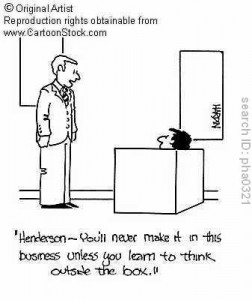As LIBR 559M comes to an end, I cannot believe how much social media I tried for the first time. It’s funny because every time I hear about web 2.0 and library sciences, I panic. I think “Oh man, I’m not gonna know how to do that. I’ll get a job and not know what I’m doing”. But being able to try all this stuff has made me way more confident. All of this social media, even the second life stuff, is really user friendly, so I’m pretty sure I’ll be able to keep up and figure it out.
Before this class I didn’t consider the potential of using social media for education. I could see its use for getting the word out about events going on, but I really liked hearing other people’s ideas about how to use it in the classroom (or the library). The more mediums we can use to learn the better!
I’m really glad I took this class and I hope that my fear of social media is gone for good. I was surprised by how encouraging everyone in the class was – I was worried coming into the class that I’d be waaaay behind, but everyone was super helpful and openly shared what they knew (a special thank you to my chawsome study buddy Shawna and our rad group partners Sara and Maggie –thanks gals!!!)
I’m still not sure what I think about second life. It still freaks me out a little. I had someone once tell me that she didn’t have any friends, family, or boyfriend, but it was okay because she had her online community. For myself, I much prefer face to face contact, even to talking on the phone. And I worry that people may like their online avatar better than themselves, especially with the crazy body types that you can choose for yourself. I do think it could be fun to have a virtual world that’s totally magical where you have no limits and make it up as you go, but I’m pretty sure it couldn’t work to have hundreds of people adding to a world constantly – it’d probably be chaos! For now, my imagination will have to do.
I also really loved the critical thinking questions Dean gave us. Being able to think about social media in the context of real life society made me engaged and interested in the materials – so much food for thought I’ll be digesting for a while to come!





